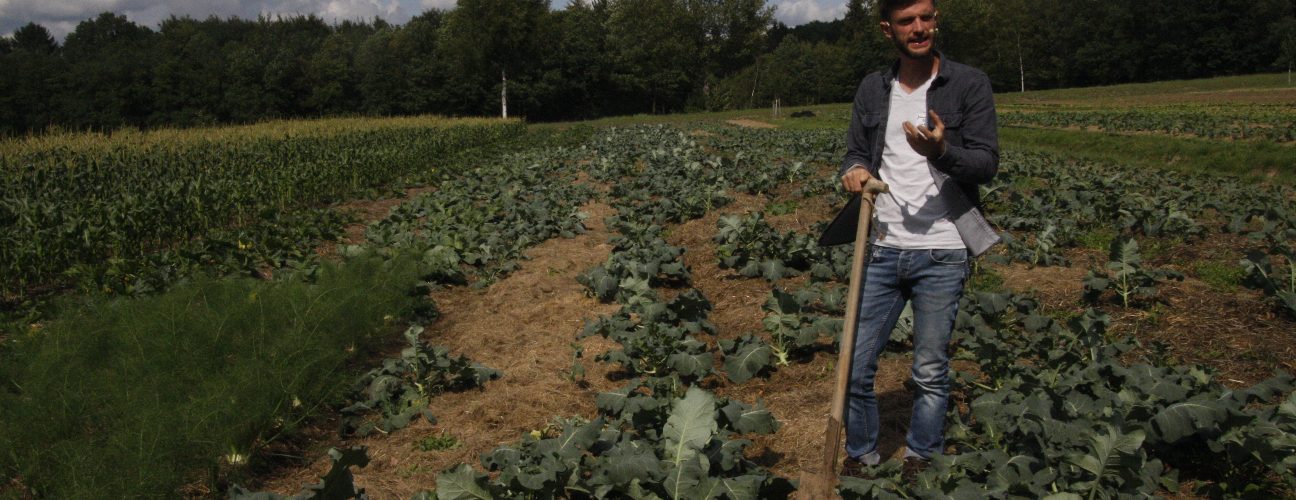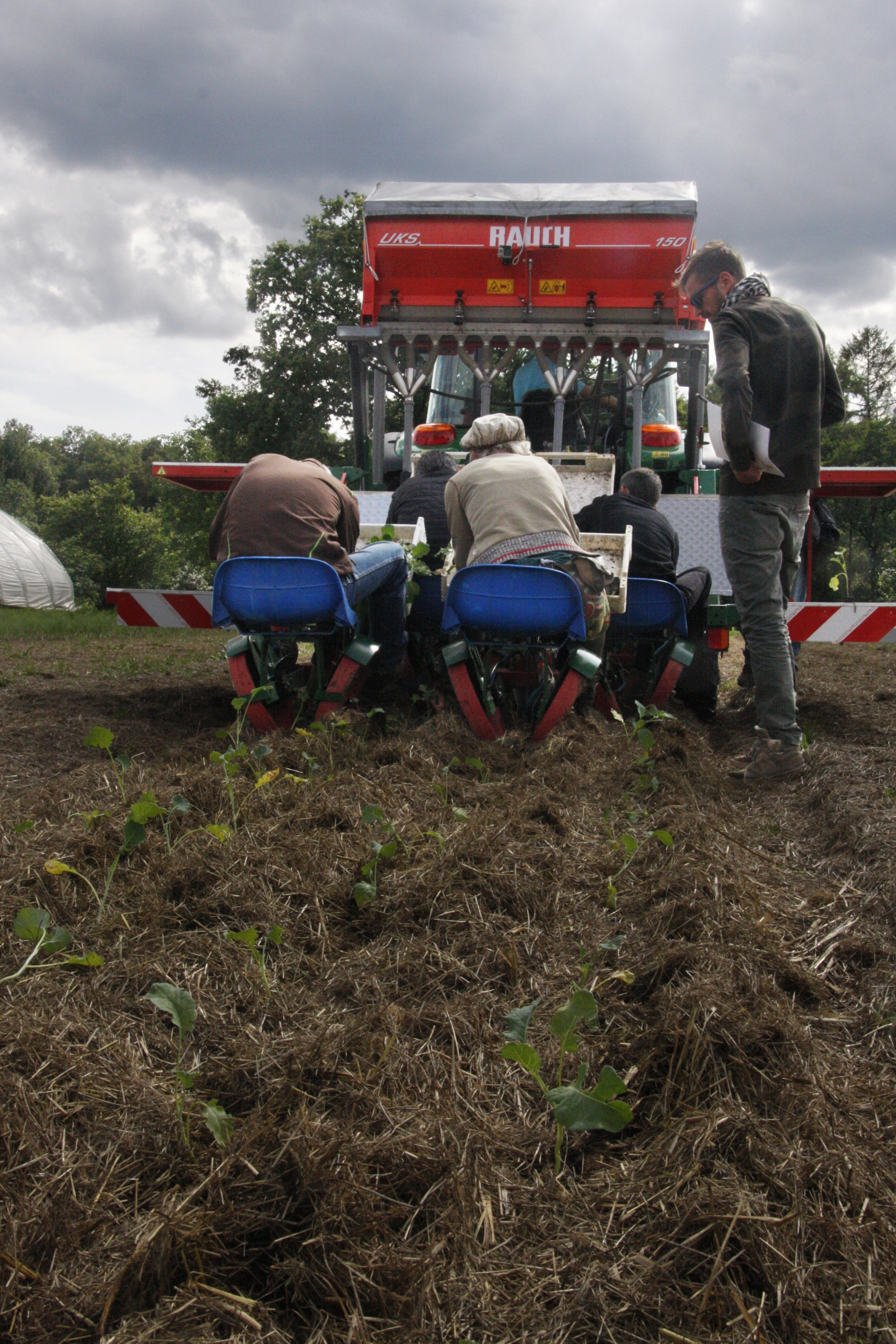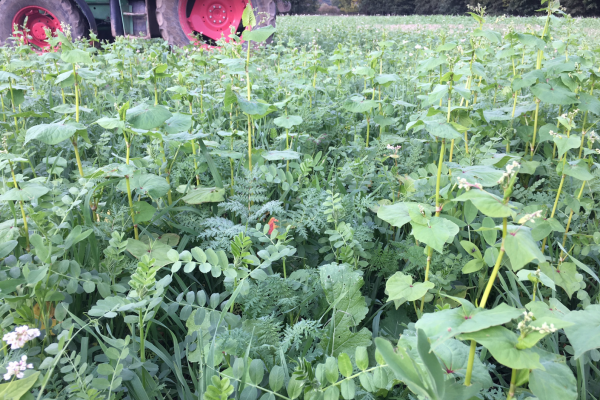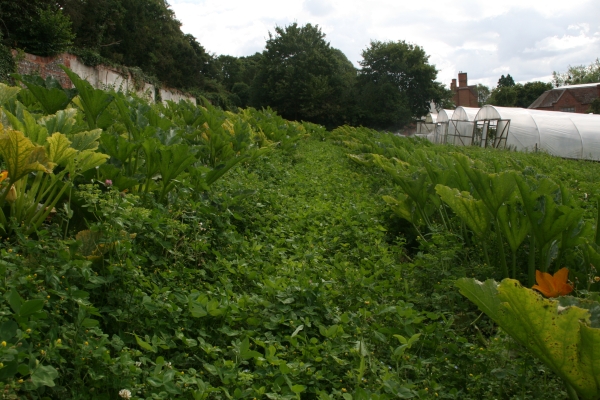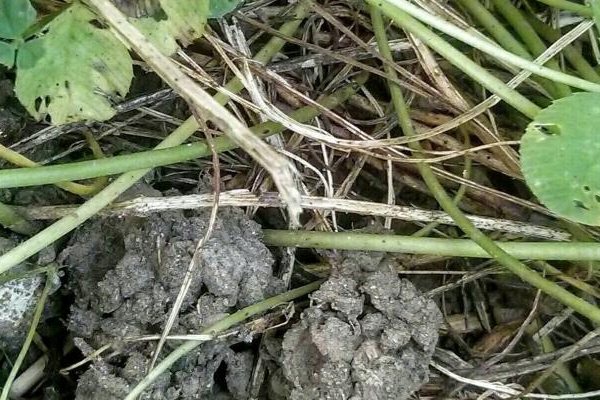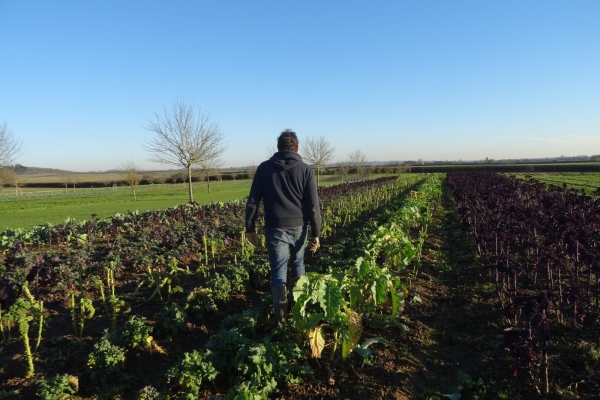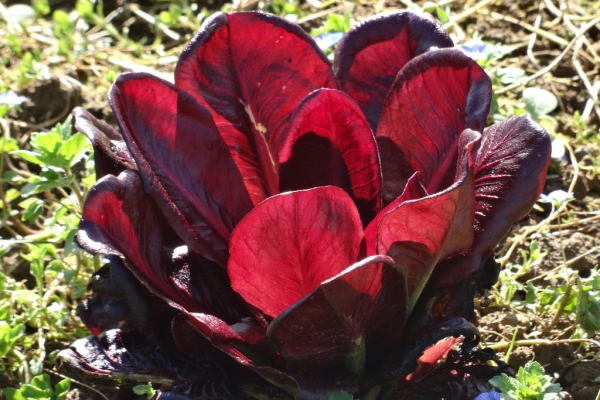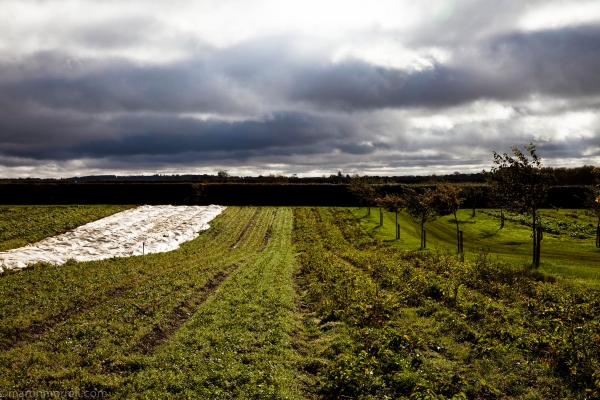Mulch systems and rotational no-till in vegetable farming
The Organic Grower - No 48 Autumn 2019 pp. 20 - 22
Resource explained
Vegetable farming can be damaging to soil health and soil structure. Reducing tillage in horticultural and particularly organic systems is challenging and no-till can be the holy grail! Johannes Storch of Bio-Gemüsehof Dickendorf in Germany has been pioneering the use of mulches in field-scale organic vegetable production and has developed machinery to transplant directly through the mulch. This article by Phil Sumption (a condensed version of one published in Vegetable Farmer magazine) explains the system Johannes has created using cover crops, grass and silage as mulch, to maintain cover and plant roots in the soil as much as possible for soil health, breaking it down into 6 steps. It details the 7-year crop rotation implemented due to there never being enough material to mulch everything and to avoid importing material, explains the MulchTec planter – which Johannes and his team invented after realising he needed to find a way to plant through the mulch by machine, and describes how he manages mulching in polytunnels.
Findings & recommendations
- The quality of the crops and the soils at Dickendorf have shown that the system is working well.
- The crops that need constant moisture do particularly well under mulch i.e. fennel and kohl rabi. Crops such as lettuce are more of a challenge – as they grow flat and are close to the ground, and leeks can’t be ridged up so get less of a white shank, therefore varieties have to be chosen carefully. Direct-drilled crops are not currently possible with mulch.
* N.B. The ‘More information at’ link at the end of the pdf should be https://mulch-gemuesebau.de/
The FiBL video below shows the MulchTec Planter in action, planting vegetable seedlings mechanically into a mulch cover. Johannes shows how the machine works, which crops it is suitable to use it for, explains how the soil is prepared, and addresses challenges such as snails and root weeds.
The video below was recorded at a session held at the ORFC 2019, hosted by the Soil Association in conjunction with the Organic Growers Alliance. Johannes explains how his team in Bio-Gemusehof are applying different mulching systems and innovative machinery across 8 hectares of field crops and tunnels to reduce tillage, while feeding and protecting the soil.
Image credits: Phil Sumption. All Rights Reserved
